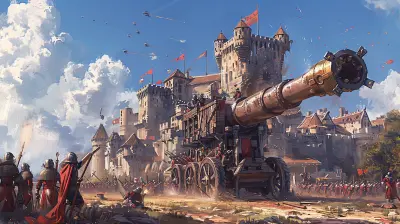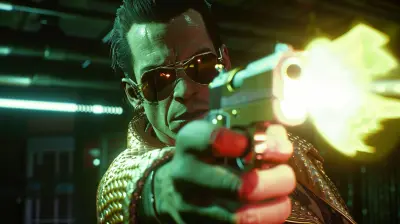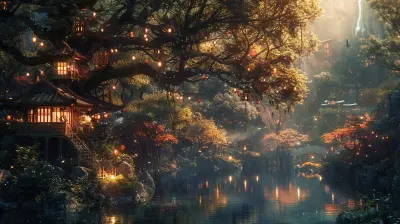How Player Feedback Shapes Future DLC Releases
2 October 2025
Let’s face it—we gamers are never short of opinions. Whether it's a slightly-too-overpowered boss, a new weapon that feels like it was designed by a three-year-old, or a story twist that makes no sense, we're quick to jump into comment sections, forums, or social media to voice our thoughts. But did you ever wonder if that feedback actually goes anywhere?
Well, surprise! Game developers are listening. In today's gaming world, your rants, raves, and Reddit essays actually help mold what comes next—especially when it comes to DLCs (downloadable content). So, buckle up, download your favorite snack, and let’s talk about how your thoughts wind up shaping the digital worlds we love.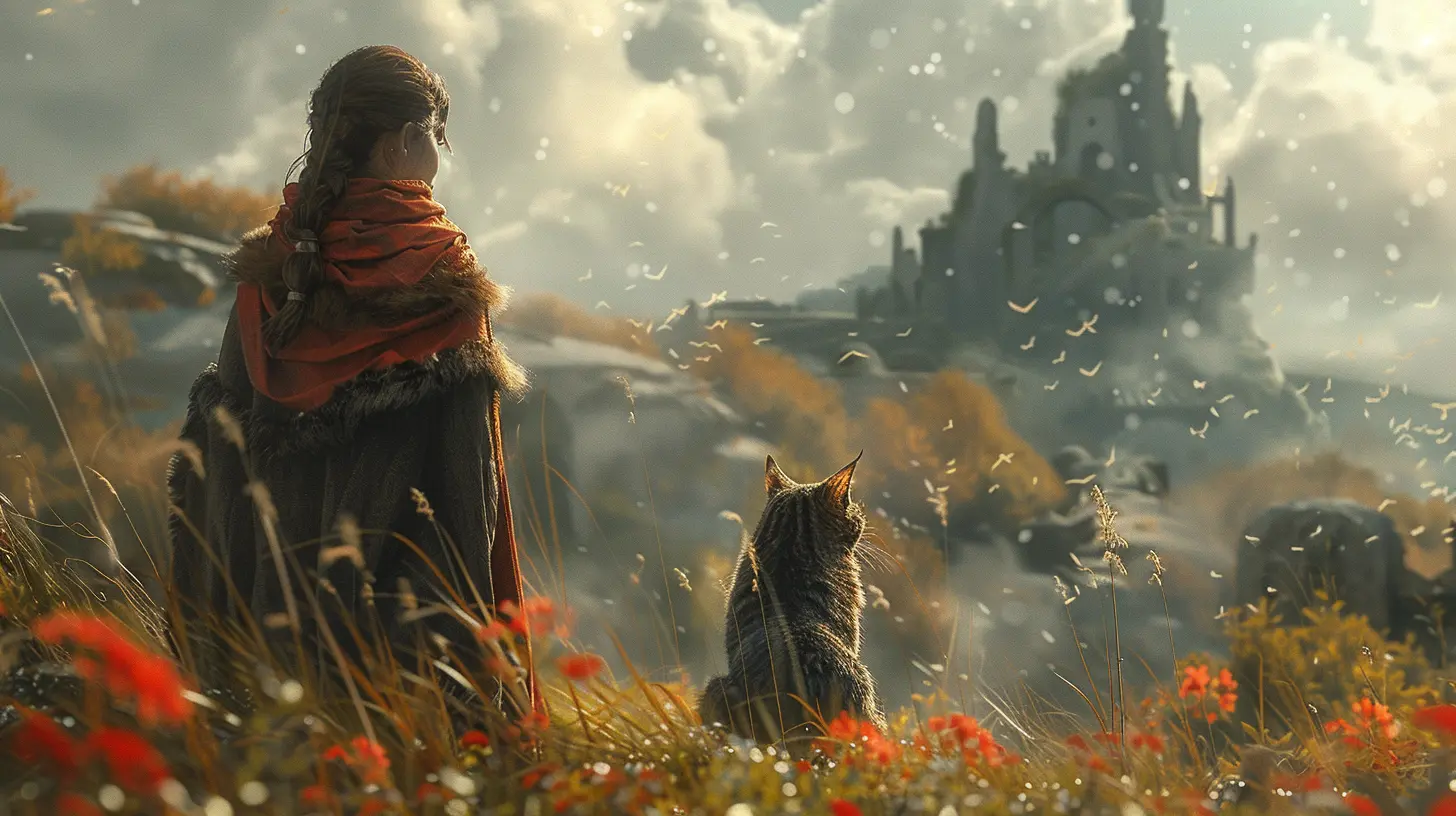
What’s Even the Point of DLCs?
Before we dive into player feedback, let’s clarify what a DLC even is. If you’ve been gaming for a minute, you probably already know this—but for the uninitiated...DLCs are like the bonus tracks of a game. You’ve got the base game, and then comes extra content that can range from new cosmetics, missions, areas, or full-blown expansions. It’s the developer’s chance to keep a game fresh, pack in more content, and—let’s be real—earn a bit more revenue.
But here's the catch: if the base game sparks a conversation, the DLC is when the community gets a seat at the table.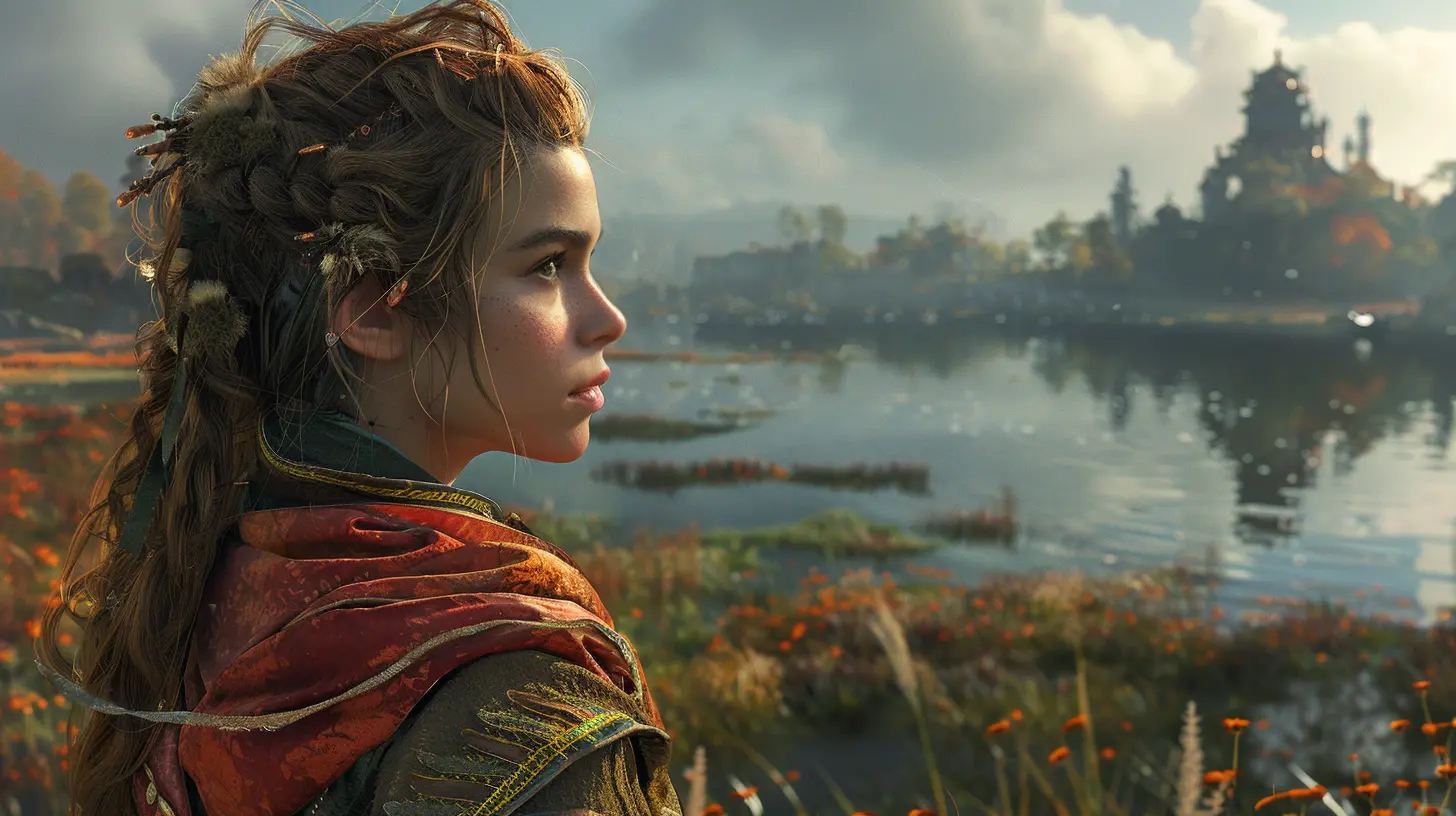
Player Feedback: The Secret Sauce of Future DLCs
Game devs aren’t mind readers (although sometimes it feels like they pluck desires straight from our brains). They rely on player feedback like a chef relies on taste-testers. It's their guiding compass, letting them know what’s fire and what’s just... meh.1. Balancing Acts – Because Nobody Likes a Broken Game
Ever picked up a shiny new DLC weapon only to realize it’s so broken it turns boss fights into cakewalks? Yeah, that happens. On the flip side, some DLC gear is so underwhelming you'd trade it for a potato.Gamers notice. And you better believe developers take notes.
Post-release patches that follow DLCs aren’t just about squashing bugs—they’re often a direct response to player feedback. Developers pull data, read forums, and check reviews to see if that flashy new spell is too OP (overpowered) or if that new enemy is more frustrating than challenging.
Case in point? Games like Destiny 2 are constantly being rebalanced based on community reactions. Bungie monitors everything from kill/death ratios to Twitter meltdowns.
2. Story Arcs & Narrative Twists: Fan Service or Storytelling Genius?
You ever notice how some DLCs suddenly pay more attention to a side character fans love? That’s not coincidence—it’s strategy.Developers track what characters or plot points blew up in fan discussions. If everyone's tweeting about that mysterious NPC with the cool hat and tragic past, don’t be surprised when he gets his own DLC storyline.
It’s part fan service, part smart business. If the community is emotionally invested in something, why not give them more of it?
Games like The Witcher 3 took fan feedback into account when expanding Geralt’s adventures, weaving in more depth and character focus in their DLCs. And did you notice how Mass Effect 3’s Extended Cut DLC came directly from player outrage over the original ending? Your voice mattered—big time.
3. Gameplay Tweaks – When Control Feels Just Right
You know that awkward moment when the DLC adds a new mechanic that feels clunky or confusing? Yeah, devs notice when players collectively go “uhhh, what is this?”From movement systems, combo mechanics, to even how menus are laid out—player feedback often drives refinements in future updates and expansions.
Let’s say the community hates the new stealth system in a DLC—it’s too punishing or doesn’t work right. Chances are high that the next DLC either fixes it or ditches it entirely.
And here's the kicker: sometimes fan-made mods spark ideas for official updates. Yup, your DIY tweaks might just inspire the next big feature.
4. Visuals & Aesthetics – We’re All Suckers for Pretty Things
Gamers are picky about visuals. And rightly so! We want our armor shiny, our dragons terrifying, and our landscapes breathtaking.So when a DLC drops with visuals that don’t vibe with the game's tone, players make noise. Maybe the new UI is weirdly neon, or the character designs feel off. Developers take this seriously—especially in story-driven or genre-defining franchises where consistency is key.
Also, fans often request specific aesthetics—darker themes, lighter tones, different weather effects, etc. When enough people ask nicely (or not-so-nicely), devs consider it.
Just look at how No Man’s Sky evolved based on consistent community feedback. It’s basically a love letter to persistence and redemption.
5. Difficulty Levels – Goldilocks Got It Right
Some like it hard. Others just want to enjoy the story without dying every five minutes. And every camp has something to say.This is why you’ll often see future DLCs offering scalable difficulty options, or tweaks based on how the last expansion was received. Maybe the bosses were too spongy, maybe the puzzles too confusing—whatever the gripe, feedback = future improvements.
Developers can’t please everyone all the time, but they sure try to strike a “just right” balance based on the player temperature check.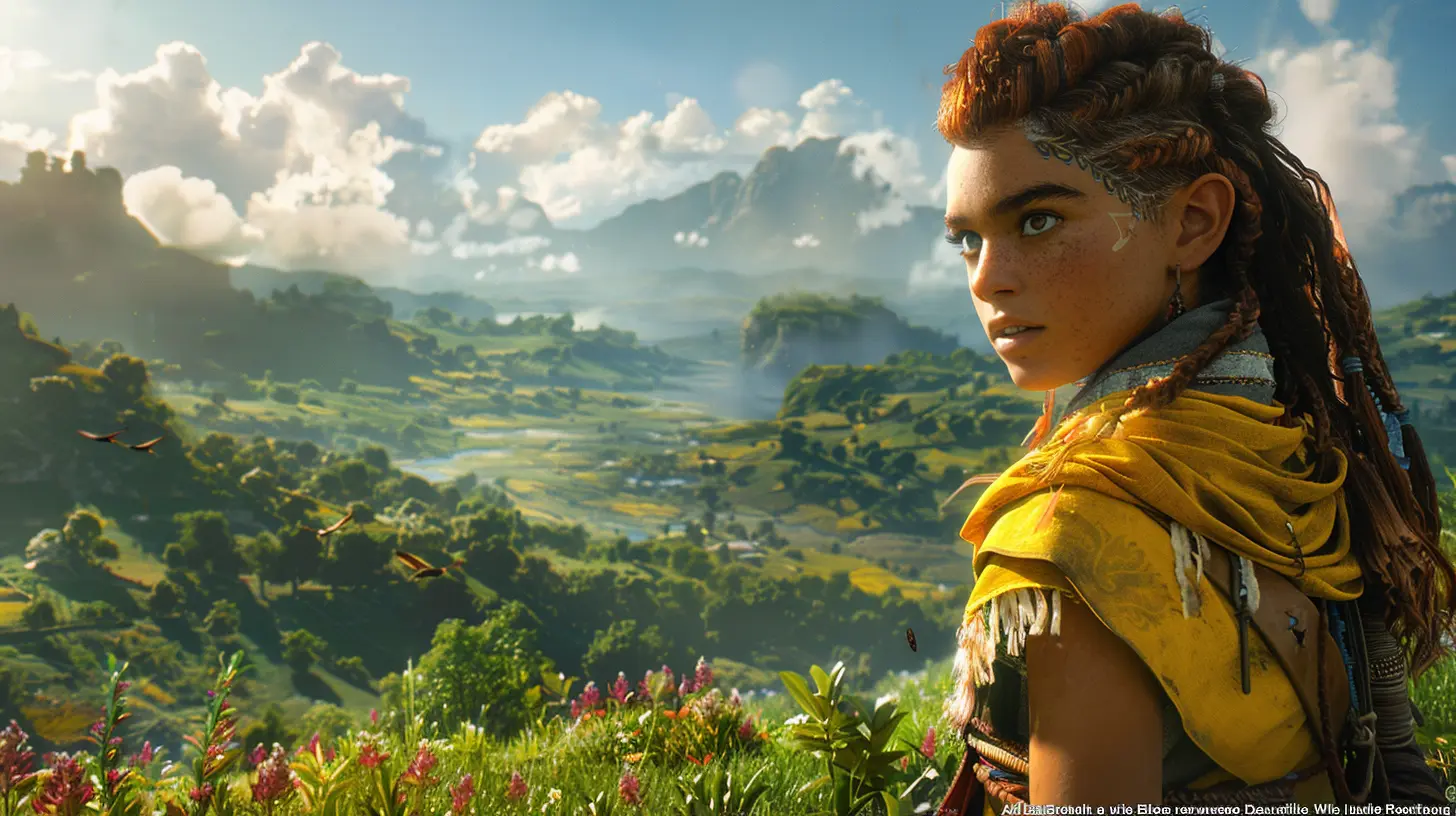
Where Does All This Feedback Come From?
It’s not some magic spell or hidden ritual. Devs gather player feedback from tons of sources:- Online Forums (like Reddit and Steam discussions)
- Social Media (Twitter, Discord, YouTube comments)
- Player Metrics/Data (what weapons get used most, how often missions are completed)
- Survey Responses (yes, those pop-ups matter!)
- Bug Reports and Support Tickets
- Review Sites and Streamer Commentary
It’s kind of like being a super-sleuth with a data-mining PhD—devs piece together what’s working and what’s not, one comment at a time.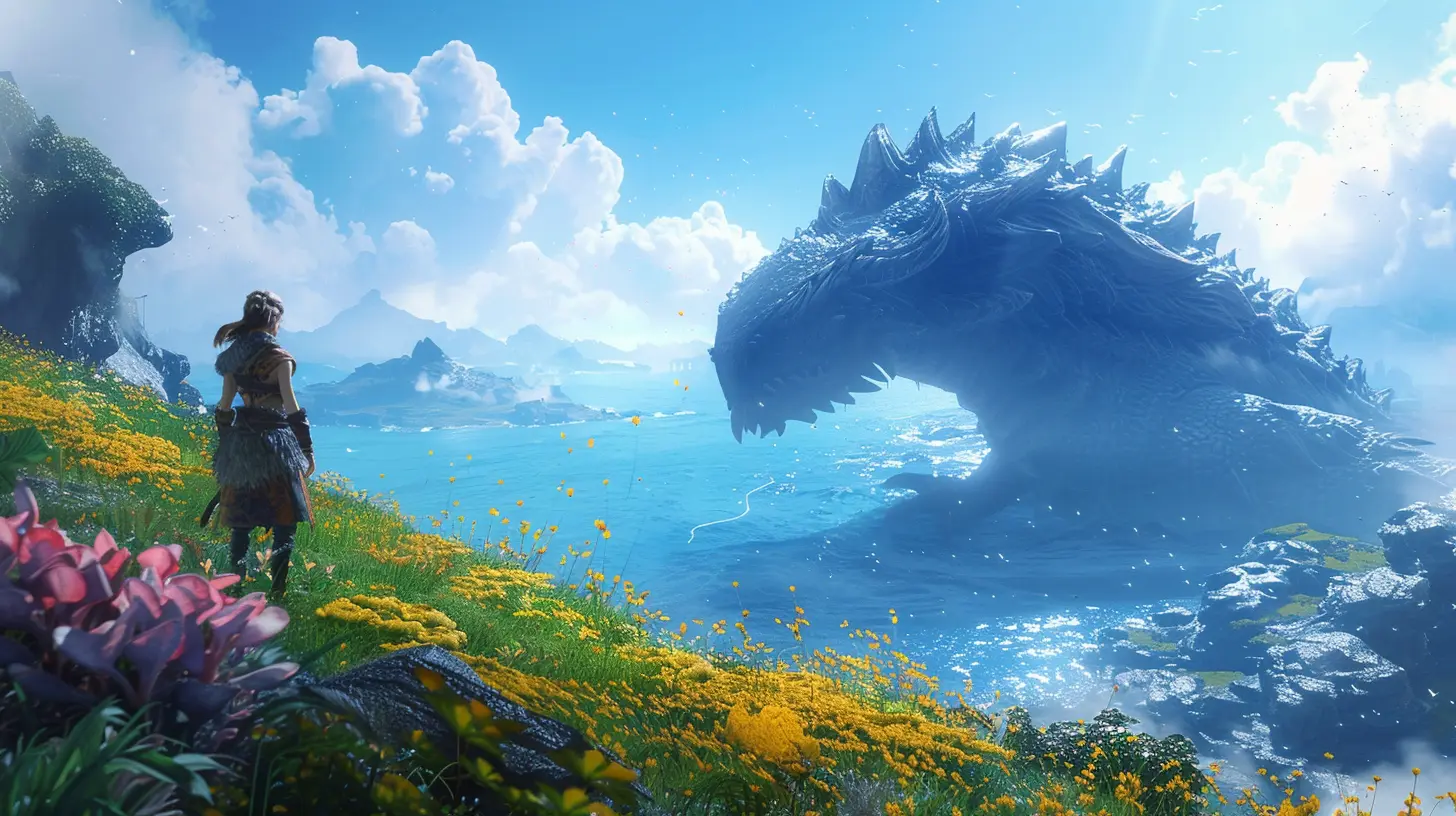
DLC Roadmaps: Built with Players, Not Just for Them
These days, many games come with a roadmap—a plan for future expansions and updates. What’s cool is that these roadmaps are often adjusted based on what the community wants.If players love a certain setting, more content might shift toward that theme. If a feature flops? Off the roadmap it goes.
Some developers even involve players before the DLC drops, with beta tests and closed previews. Talk about collaboration, right?
That’s why games like Warframe and Fortnite have such loyal fanbases—they treat players like co-creators, not just consumers.
Community-Led Content: When Fans Become Builders
Okay, let’s get next-level.Some developers go beyond just listening—they straight-up hand tools to the community. Modding support, custom level creators, or contests for in-game art and skins? That’s peak collaboration.
When fans get to shape actual DLC content through submissions or via early access feedback, the result feels truly community-driven. It’s not top-down design—it’s gamers building their own playgrounds.
Bethesda is a pioneer here. Skyrim’s endless stream of mods has inspired official content and even led to community creators getting hired. That’s the ultimate “started from the comments, now we here” moment.
The Fine Line: Player Feedback vs. Creative Vision
Now, before we paint this all sunshine and rainbows, let’s hit pause for a sec.Sometimes, developers have to not listen—at least not entirely. Artistic vision matters. Some ideas take time to pay off, and not all fan feedback is gold. (Let’s not talk about that time half the internet begged for battle royale modes in, like, every game known to man.)
Great developers know how to process feedback without losing their creative souls. It’s a dance between giving players what they want and staying true to the heart of their game.
Final Thoughts: Your Voice Has Power
So next time you're typing out a review, hitting up a forum, or just ranting on Discord with friends—remember, it might go farther than you think.Player feedback isn’t just noise in the void. It’s a blueprint for developers, a roadmap for future DLCs, and a love letter to our collective passion for gaming.
And hey, if your favorite side character ends up starring in the next expansion, give yourself a pat on the back. You might’ve made that happen.
Keep talking, keep playing, and most importantly—keep being the awesome, opinionated gamer the industry needs.
all images in this post were generated using AI tools
Category:
Downloadable ContentAuthor:

Emery Larsen
Discussion
rate this article
2 comments
Kova McGrady
Player feedback is crucial, guiding developers in crafting engaging DLCs.
February 14, 2026 at 4:31 AM
Bailey McElroy
This article insightfully highlights the symbiotic relationship between player feedback and DLC development. By prioritizing community input, developers can create more engaging and relevant content. However, it raises questions about the balance between creative vision and audience demands, which can ultimately shape a game's identity.
October 6, 2025 at 4:21 AM

Emery Larsen
Thank you for your thoughtful comment! I agree that balancing player feedback with creative vision is crucial for developing meaningful DLC that resonates with the community while preserving the game's identity.
